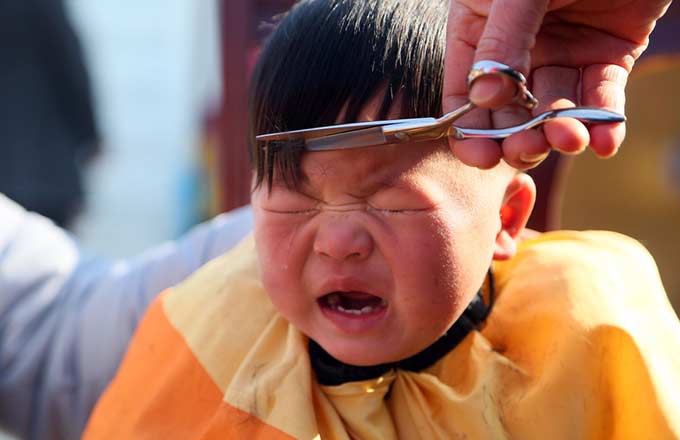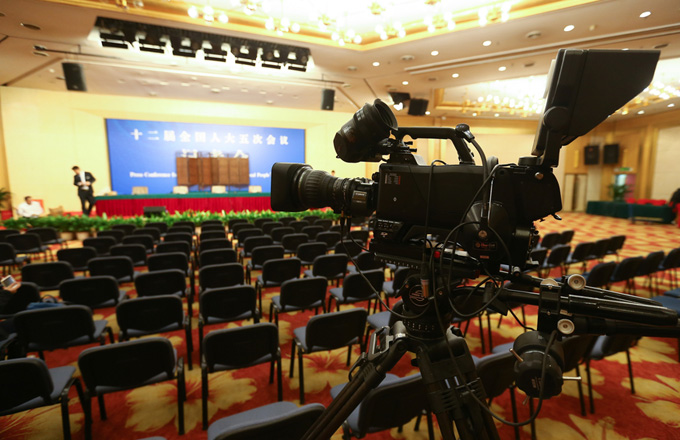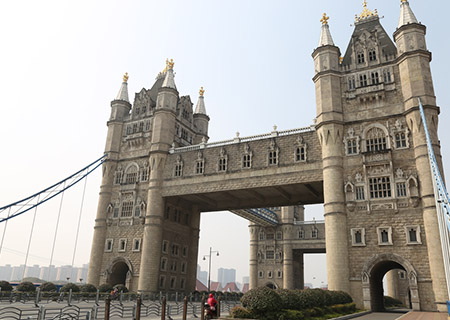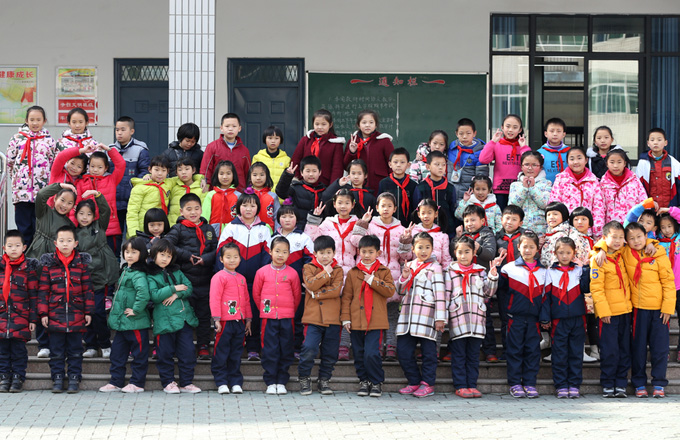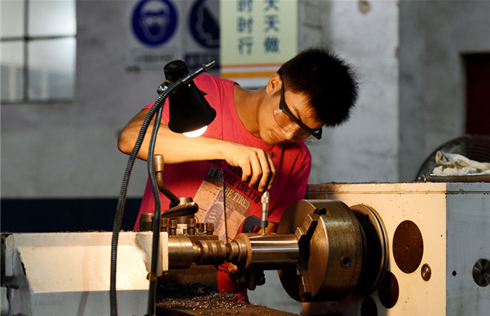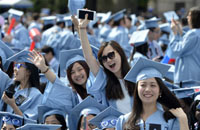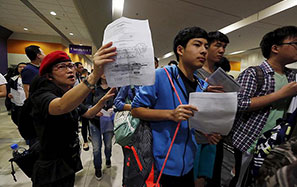Better China-US ties need difference management
WASHINGTON - Amid flaring tensions on the Korean Peninsula and the beefing-up of US' accusations against China over cyber security, John Kerry on Saturday is set to embark on his first visit to China as US secretary of state.
His visit came less than a month after US Treasury Secretary Jacob Lew's China trip during which China's new leaders reaffirmed the commitment to advancing the cooperative partnership based on mutual respect and mutual benefit.
With China completing its once-in-a-decade leadership transition and the Obama administration officially kicking off its second term, the China-US relationship is currently at a new crossroads with the recent completion of government reshuffles in both countries.
China's newly-elected President Xi Jinping and his US counterpart Barack Obama have both adopted the idea of seeking a new type of relationship that defies the traditional zero-sum theory, which holds that an emerging power is destined to confrontation with the existing one.
The rapid growth of the China-US relationship in the past decades has well demonstrated that such a goal is not only feasible but attainable, if the two nations continue to respect each other's core interests and major concerns and to properly patch up their differences.
Despite the differences on issues concerning trade, human rights, Taiwan, Tibet, cybersecurity and territorial disputes in Asia, China and the United States share a broad range of interests in promoting world economic growth, maintaining regional and global peace, fighting global warming, combating terrorism -- just to name a few.
Kerry's upcoming visit to Asia, which includes stops in South Korea and Japan, has taken on extra urgency due to the dangerously escalating tensions on the Korean Peninsula, which are threatening the Asia-Pacific peace and stability.
Washington and Beijing have shared interests in preventing the tensions from spiraling out of control as a result of misunderstanding and miscalculations.
China opposes any actions that would aggravate the tensions on the Peninsula, while urging parties concerned to mend fences by reconciliation and cooperation.
During Kerry's stay in Beijing, the two sides are also expected to nail down details of continuing bilateral consultations and dialogue mechanisms, led by the annual Strategic and Economic Dialogue, and enhancing coordination within multilateral frameworks of the Group of 20 and Asia-Pacific Economic Cooperation, to improve global economic governance and score a strong, sustainable and balanced growth in the world economy.
Being Washington's veteran foreign policy expert and the chief executor of Obama administration's China policies, Kerry is expected to play an important role in advancing the China-US relationship from a strategic long-term perspective by boosting bilateral dialogues, mutual trust and cooperation.
A new sense of optimism was felt about the China-US relationship when Kerry remarked, during the Senate hearing in January on his nomination, that despite the economic competition with China and many other differences, the United States should not view China as an adversary.
He believes it's critical for Washington to boost cooperation with China on a number of issues such as the nuclear issue on the Korean Peninsula, Iran's nuclear program and climate change.
More importantly, Kerry cautioned against further US military ramp-up during its "pivot" to the Asia-Pacific, citing it would lead to China's misgivings about the US attempt to militarily encircle it.
As US politicians tend to tune down their rhetoric at the Senate hearing in order to avoid unnecessary controversy so as to win confirmation, people will wait and see if Kerry will turn his words into deeds in his future dealing with the US ties with China.
- Calif. governor looks to sell China on his state
- US firms upbeat on business outlook in China
- China, US maintain touch on int'l naval drill
- Chinese premier meets Kissinger
- Vice-premier pledges fairness for foreign enterprises
- Xi urges joint efforts to advance China-US ties
- Li reaffirms road of peaceful development






